Resumen. La fragmentación y la polarización en el sistema parlamentario español se habían analizado hasta ahora con limitaciones temporales o territoriales. En este trabajo, se exponen los niveles de fragmentación y polarización ideológica en el Congreso de los Diputados y en las cámaras de las 17 comunidades autónomas desde 1979 a 2022. Los hallazgos permiten identificar qué cámaras están más...
Noviembre 2024
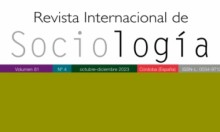
Octubre 2024
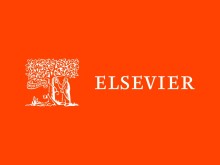
Abstract. A recent experimental literature has documented that people are (sometimes) asymmetric updaters: good news is over-weighted relative to bad news. This phenomenon might be due to selective recall (SR), whereby people better recall positive evidence than negative evidence. To test this hypothesis, we ran a balls-and-urns experiment where each subject faced a box with 100 balls, each...
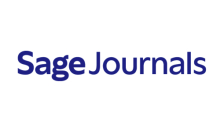
Abstract. Populism is theoretically associated with an antagonistic interpretation of politics. Populists tend to morally delegitimize their adversaries, exhibit “bad manners” toward them, and sometimes even try to exclude them from “the people.” They are also more inclined to prioritize radical policy and institutional changes. Therefore, populism appears to be directly at odds with consensus...
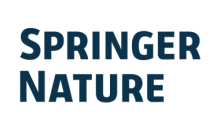
Abstract. This research article delves into methodological challenges in scientometrics, focusing on errors stemming from the selection of classification schemes and document types. Employing two case studies, we examine the impact of these methodological choices on publication and citation rankings of institutions. We compute seven bibliometric indicators for over 8434 institutions using 23...
Septiembre 2024
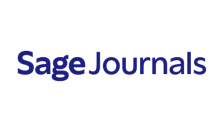
Abstract. Contemporary democracies are undergoing a period of rising levels of polarization and fragmentation. At the same time, the degree of conflict in several parliaments, particularly in Europe, has significantly increased. Despite this, we know very little about conflict and consensus-building in parliaments. In this article, we analyze the degree of agreement in...
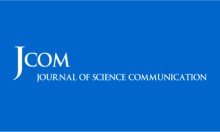
Abstract. Exploring the multifaceted relationship between scientific impact and science communication through art, our study surveys 2,500 Spanish artistic researchers. Guided by deviance theories and double standards theories we reveal a nuanced pattern: the effect of scientific impact initially impedes science communication through art, turning positive after a given...
Agosto 2024

Abstract. Teachers are the evaluators of academic merit. Identifying if their assessments are fair or biased by student-ascribed status is critical for equal opportunity but empirically challenging, with mixed previous findings. We test status characteristics beliefs, statistical discrimination, and cultural capital theories with a pre-registered factorial experiment on a large sample of Spanish...
Julio 2024

Abstract. The COVID-19 pandemic brought the issue of immigrant irregularity to the public fore, exposing undocumented migrants’ vulnerabilities and the reliance of supply chains on their ‘essential work’. While pro-regularisation instances emerged in several countries, governments responded differently to them. Delving into the political determinants of immigrant...
Junio 2024

Resumen. Este artículo analiza el consumo de pantallas de los jóvenes de 15 años utilizando los datos españoles de PISA 2022. Se examina el tiempo dedicado a redes sociales, videojuegos y otros usos educativos o informativos de Internet. Sorprendentemente, existen pocas diferencias entre países y dentro de España por sexo o nivel educativo de los padres en cuanto al consumo de pantallas. Entre el...

This study aims to identify and compare the national scope of research at the country level, dealing with two groups of countries: Latin America and the Caribbean (LAC) and a group of countries at the forefront in developing mainstream science (WORLD). We wish to explore whether similar or different patterns arise between the two groups at the global and disciplinary level, becoming apparent in their proportion...


